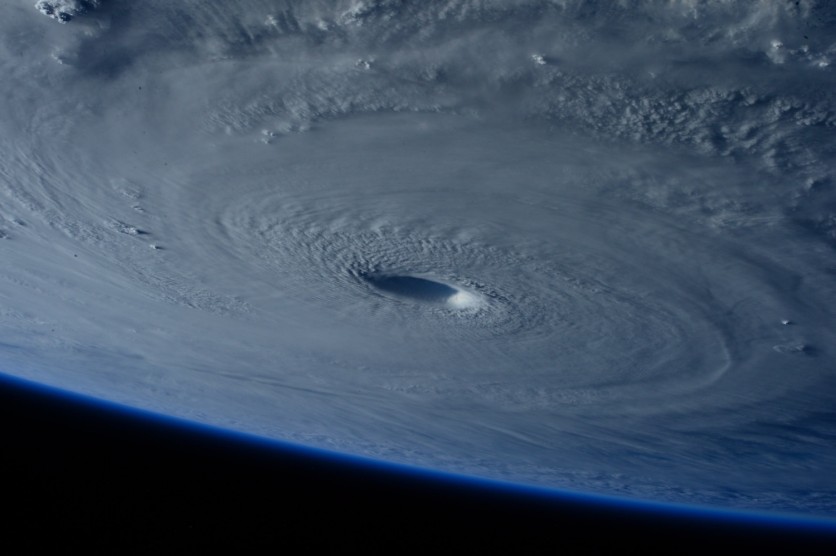
The accuracy of predictions and the timing of weather events can mean the distinction between a delightful, sunlit day and the onset of a catastrophic storm.
While traditional weather prediction techniques have historically leaned on intricate physics-based models, a new era is on the horizon as Artificial Intelligence (AI) makes inroads into the forecasting world, especially concerning natural disasters, such as hurricanes.
Tech Giants Step Up to Create AI-Based Weather Models
Recently, chipmaker Nvidia, tech giant Huawei, and Google's DeepMind collaborated to develop a new generation of AI-based weather models. These AI models are transforming how meteorologists predict hurricanes' path and intensity.
For instance, Hurricane Lee, initially situated far from land, posed challenges for meteorologists. The AI models from these tech companies, devoid of traditional physics-based principles, successfully forecasted that Hurricane Lee would make landfall somewhere between Rhode Island and Nova Scotia, according to Wired.
While this prediction was on the edge of the traditional forecast, it demonstrated AI's potential to compete with existing models.
Impressive Speed of AI Weather Models
One of AI's prominent advantages is its speed. AI weather models generate predictions within minutes, while traditional methods require hours of supercomputing time.
These models produce multiple projections efficiently, enabling meteorologists to provide probabilistic forecasts more rapidly.
For example, traditional ensemble models take hours to create, but AI models like Nvidia's FourCastNet can complete the task in just 40 seconds.
According to Mark DeMaria, an atmospheric scientist at Colorado State University, the arrival of AI models in the field of weather forecasting seems "sudden" and "unexpected."
At first, DeMaria doubted if the FourCastNet model of Nvidia would work with real-time storm data. Since then, he has been amazed by the power of AI predictions and how much a hurricane can damage an area.
Challenges and Limitations of AI Predictions
AI-powered forecasts, however, come with limitations. These models do not account for uncertainty within the model itself, making them less comprehensive than traditional ensemble forecasts.
Additionally, the "black box" nature of AI systems, which lack explanations for their predictions, poses challenges for meteorologists who rely on understanding the model's confidence levels.
Despite these limitations, AI holds promise for weather forecasting. It offers the potential to democratize accurate weather predictions, making them more accessible. However, AI's widespread implementation still faces challenges related to data gathering, intellectual property, and national security concerns.
Large forecasting centers are expected to continue testing AI models before integrating them into official forecasts. One interesting study about it is posted on Nature.com, which focuses on "nowcasting."
Meteorologists, while cautious due to the high stakes involved, recognize the potential of AI in improving forecasting accuracy.
While traditional physics-based models won't disappear, AI will likely play a more significant role in official forecasts in the near future, potentially transforming how we predict and prepare for hurricanes and other natural disasters.

![Apple Watch Series 10 [GPS 42mm]](https://d.techtimes.com/en/full/453899/apple-watch-series-10-gps-42mm.jpg?w=184&h=103&f=9fb3c2ea2db928c663d1d2eadbcb3e52)



